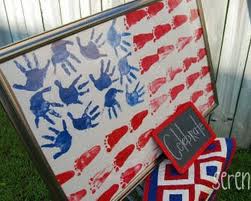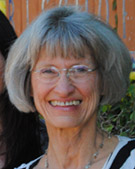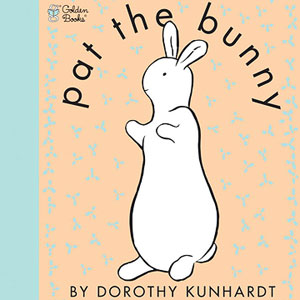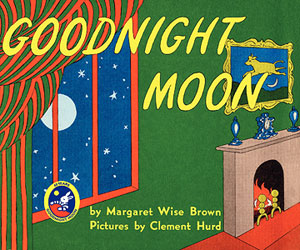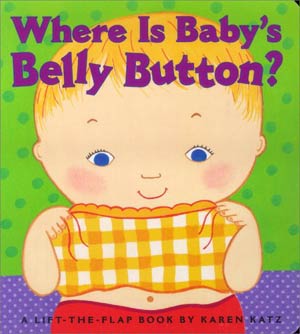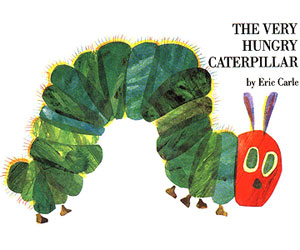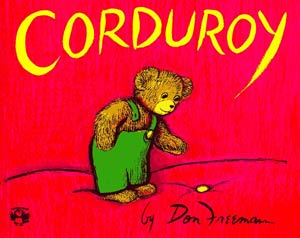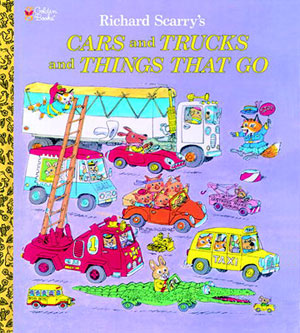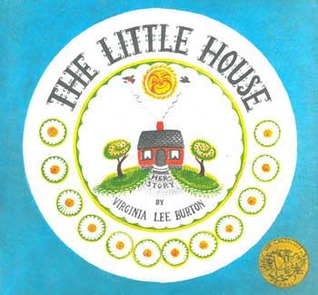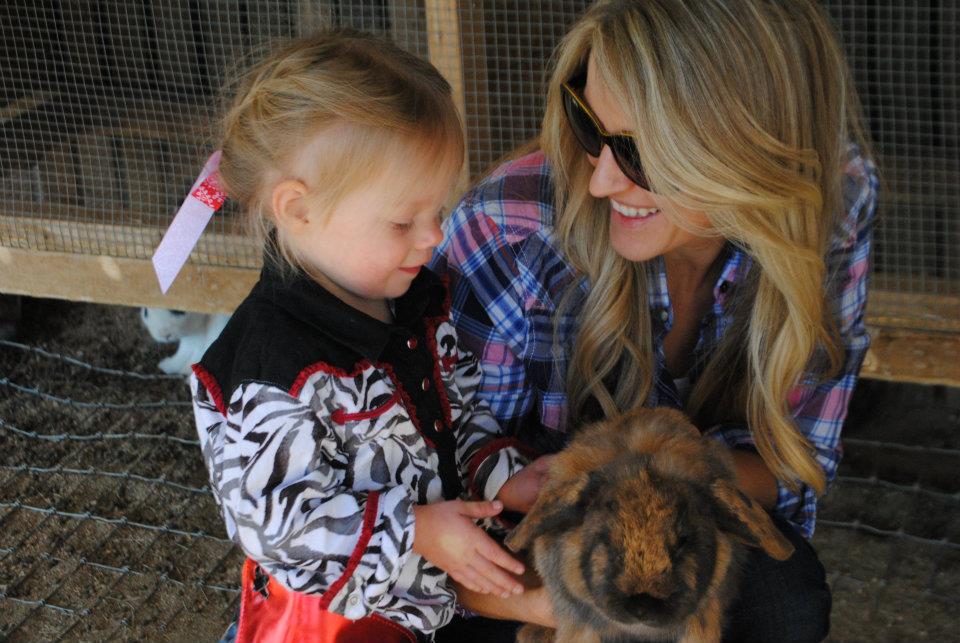The AAP, the American Academy of Pediatrics, has come out with an extention and more stringent guidelines for parents for the first year of life. But are they really new? What prompted the changes? Busy parents and caregivers need to know, but often don’t get past the scary headlines. It’s important to go a bit deeper and see why the changes were recommended, in order to make the best choices for each family’s situation.
Actually, the only new guideline is that the rules should be followed for the first year, rather than the first six months. And, doctors are recommending that babies sleep in the same room as their parents for the first year.
“The new rules were created because pediatricians are seeing that parents aren’t actually following the old guidelines,” says Terian Gregory, a seasoned Phoenix Certified Newborn Care Specialist. “They realize that parents are sleep-deprived, not making good choices, and are too exhausted to follow the guidelines. They’re inadvertently taking less safe shortcuts,” she explains. Like taking baby to an armchair or couch and falling asleep. Taking baby into their bed to nurse, and falling asleep. A lot of parents have done it, but it’s risky. The result is that babies are not always sleeping in their own beds, cribs, or bassinets, with a firm surface, with no pillows, blankets or soft toys.”
Pediatricians are recommending co-sleepers, bassinets attached to the parent’s bed or sleeping the baby in a crib in the parent’s bedroom. Mom can pull baby out, nurse, and put baby back without even getting up or leaving the room. Terian explains that what is happening is that doctors are responding to what parents are actually doing. “The AAP often puts out recommendations when there are safety concerns.”

According to a recent NPR article, The updated recommendation, then, is that mothers feed their baby in bed and then place the baby on its own sleep surface afterward. If the mother falls asleep by accident, it’s not as hazardous as it would be on a couch. When she wakes again, she should immediately place the baby back in its own bed, since the risk of death increases with the duration of bed sharing.
“I am struggling to find a concrete study,” Terian tells us, that shows that if parents are actually following the guidelines and sleeping their baby in the baby’s crib in the nursery vs. having babies sleep in parent’s bedroom actually keeps a baby safer.” These parents are so sleep deprived they just aren’t making good choices. If the parents put a bassinet in their room, it simply makes it easier for parents to keep their baby safe.”
“So what is the AAP really saying?” asks Terian? “They just extended the time of following their guidelines. They’re not just looking at SIDS, but all sleep related deaths. SUID (Sudden Unexpected Death) can include suffocation, aspirating on something, babies put in cribs with pillows, soft toys, or blankets, sleeping on tummies, on their sides. Parents are just not following the recommended practices.” Terian stressed that if a baby is sleeping through the night, some of these concerns may not apply. “As a Certified Newborn Care Specialist, I prefer to be in the same room as the baby. That’s my job. I prefer working with a baby to develop positive fundamentals and begin with “sleep shaping/sleep learning” strategies within the first 12 weeks. I have clients who prefer to have the baby monitor on even though I’m in the baby’s room. In that case, I recommend them keeping the sound off. Parents can see the baby better on a monitor from their room than I can staying in the same room as the baby. Babies make a lot of noise during the night. They often grunt, pass gas and makes noises and then fall right back to sleep and when the baby is in the same room, parents tend to be over responsive. Therefore, the parents get less sleep because the baby’s noises are waking them. The AAP recommends that parents do not use ‘Home Cardiorespiratory Monitors’. It is important that parents understand that this is different than the typical baby monitors that allow them to hear or see their babies. A regular monitor with a baby in their own room, is very workable.”
Terian continues by suggesting, “If a mom is nursing those first few weeks, and up every two to three hours for an hour each time, it makes sense to keep baby in the parent’s bedroom.”
So, if you’re co-sleeping, follow the recommendations.
If you’ve been getting up one to two times a night for 6 months or longer, parents are in survival mode, and not typically not making good choices.
However, If your baby is sleeping through the night, or if you can safely get up during the night and put the baby in his own crib after nursing, there is not a reason not to put him in his own room. But, if you’re sleep deprived and not making good choices, PLEASE follow the recommendations.
“The medical community is doing their job: saving babies lives, but sometimes these headlines feed on parent’s fears. Parents and caregivers need to dig deeper, read a little more, and make the best choice for their particular family. Parents, Nannies, and Newborn Care Specialists need to assess the particular family’s environment, physical, emotional, environmental, and assess this new information, and make the best choice for their particular situation.”
Terian concludes with, “Caregivers need to educate themselves to make the best choice for their families. For example, how does the family plan on parenting? What’s they physical layout of the house? Is baby’s room across the house or upstairs? What is Mom’s physical condition? Is there a lot of anxiety? Is she going back to work or will she be a stay at home Mom? Our goal is to empower parents and caregivers.”
Beth Weise



















